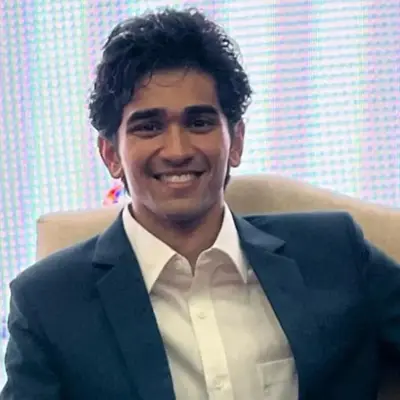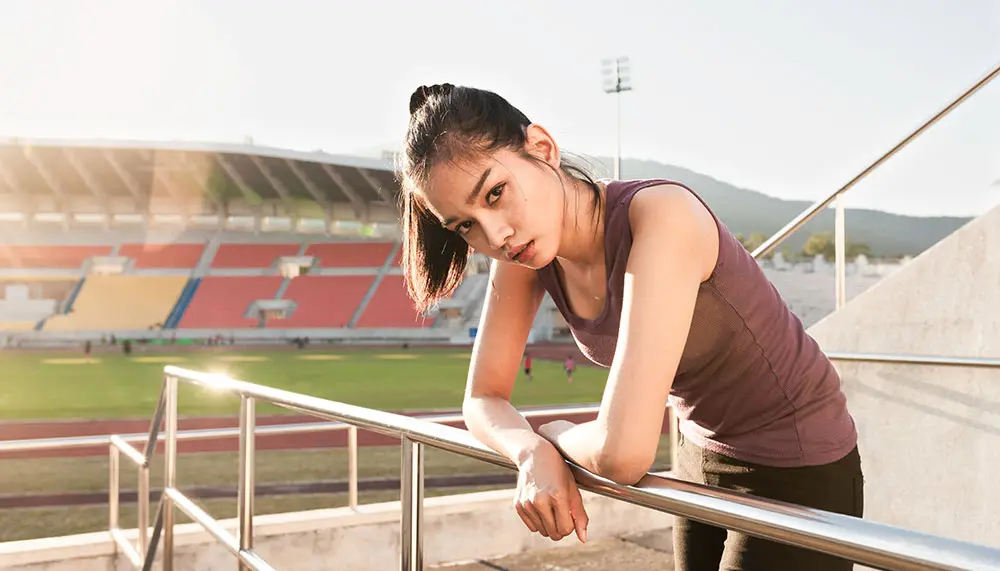In the realm of competitive sports, the significance of physical warm-ups is universally acknowledged. Athletes engage in stretching, jogging, and other exercises to prepare their bodies for the demands of competition. However, an equally crucial aspect that often receives less attention is the psychological or mental warm-up. Just as the body requires preparation to perform optimally, the mind also needs to be primed to handle the pressures and challenges of competition. This essay delves into the importance of psychological and mental warm-ups, explores various exercises athletes can perform before a match or competition, and provides real-life examples of athletes who have successfully incorporated these practices into their routines.
The Importance of Psychological and Mental Warm-Ups
Mental preparation is a critical component of athletic performance. It encompasses techniques and strategies that help athletes manage stress, maintain focus, and enhance confidence. A well-prepared mind can significantly influence an athlete's ability to execute skills, make strategic decisions, and maintain composure under pressure.
Research has shown that mental warm-ups can increase an athlete's readiness to perform and their willingness to utilize mental skills during competition. A study published in The Sport Psychologist found that a structured five-minute mental warm-up, which included elements of goal setting, imagery, arousal regulation, and positive self-talk, led to greater readiness to perform among athletes.
Moreover, mental warm-ups can help in reducing pre-competition anxiety. By engaging in mental preparation, athletes can transform nervous energy into a focused and positive force, thereby enhancing performance. This psychological readiness is as vital as physical readiness, as it ensures that athletes are mentally equipped to face the challenges of competition.
Mental Warm-Up Exercises
Several mental warm-up exercises can aid athletes in achieving optimal psychological readiness. These exercises can be tailored to individual needs and the specific demands of the sport.
- Goal Setting
Establishing clear, achievable goals helps athletes focus their attention and efforts. Setting both short-term and long-term goals provides direction and motivation. Before a competition, athletes can set specific performance goals, such as achieving a personal best time or successfully executing a particular skill.
- Visualization (Imagery)
Visualization involves mentally rehearsing successful performance scenarios. By picturing themselves executing skills flawlessly, athletes can enhance their confidence and readiness. This technique primes the neural pathways associated with the physical act, making the actual performance more familiar and manageable.
- Arousal Regulation
Managing arousal levels is crucial for optimal performance. Techniques such as deep breathing, progressive muscle relaxation, or energizing activities can help athletes achieve their ideal arousal state. For instance, deep breathing can calm nerves, while listening to upbeat music might increase energy levels.
- Positive Self-Talk
Engaging in positive self-talk involves replacing negative thoughts with affirming statements. This practice can boost confidence and reduce anxiety. Athletes might use phrases like "I am prepared and ready" or "I have the skills to succeed" to reinforce a positive mindset.
- Focus and Concentration Drills
Exercises that enhance concentration can help athletes maintain focus during competition. Techniques such as focusing on a specific visual point, practicing mindfulness, or engaging in tasks that require sustained attention can be beneficial.
Real-Life Examples of Athletes Utilizing Mental Warm-Ups
Many elite athletes have recognized the importance of mental preparation and have incorporated psychological warm-ups into their routines
- Michael Phelps
The decorated Olympic swimmer is known for his meticulous mental preparation. Phelps used visualization extensively, mentally rehearsing his races in detail. This practice allowed him to anticipate various scenarios and prepared him to handle unexpected situations during competition.
- Jonny Wilkinson
The former England rugby player emphasized the importance of staying present and maintaining focus. He practiced visualization and mindfulness techniques to enhance his performance. Wilkinson's mental preparation was integral to his success, including his pivotal role in securing the 2003 Rugby World Cup.
- Olympic Athletes
A performance psychologist noted that Olympic athletes often engage in goal specificity, planning for obstacles, visualization, structured routines, and positive self-talk as part of their mental preparation. These strategies help them maintain focus, manage anxiety, and perform optimally under pressure.
Integrating Mental and Physical Warm-Ups
An effective pre-competition routine integrates both physical and mental warm-ups. The RAMP technique, which stands for Raise, Activate, Mobilize, and Potentiate, is a comprehensive warm-up strategy that addresses both physical and mental readiness. citeturn0news24
- Raise
This phase involves light aerobic activities to increase heart rate and body temperature. Exercises like jogging or lateral shuffles can be used.
- Activate
In this stage, key muscle groups are engaged through exercises such as shoulder rolls or sumo squats. This activation not only prepares the muscles but also primes the nervous system for the activity ahead.
- Mobilize
Dynamic stretches and movements that mimic the upcoming activity are performed to enhance flexibility and range of motion. For example, glute kickbacks can be used to mobilize the lower body.
- Potentiate
This final phase includes dynamic movements like hopping or jumping to ready the body for intense activity. It also serves as an opportunity for athletes to engage in mental preparation, such as visualization or positive self-talk, to enhance focus and confidence.
Conclusion
The importance of psychological and mental warm-ups in sports cannot be overstated. Mental preparation equips athletes with the tools and skills for more focused performance increasing chances of success.
References
https://journals.humankinetics.com/view/journals/tsp/33/3/article-p213.xml?utm_source=chatgpt.com
https://www.vox.com/even-better/362840/olympians-olympics-mental-hacks-visualization-sports-psychology-mindset-elite-athletes?utm_source=chatgpt.com
https://www.thetimes.com/life-style/health-fitness/article/how-i-learnt-to-focus-like-an-athlete-kbdfwn5hj?utm_source=chatgpt.com®ion=global



